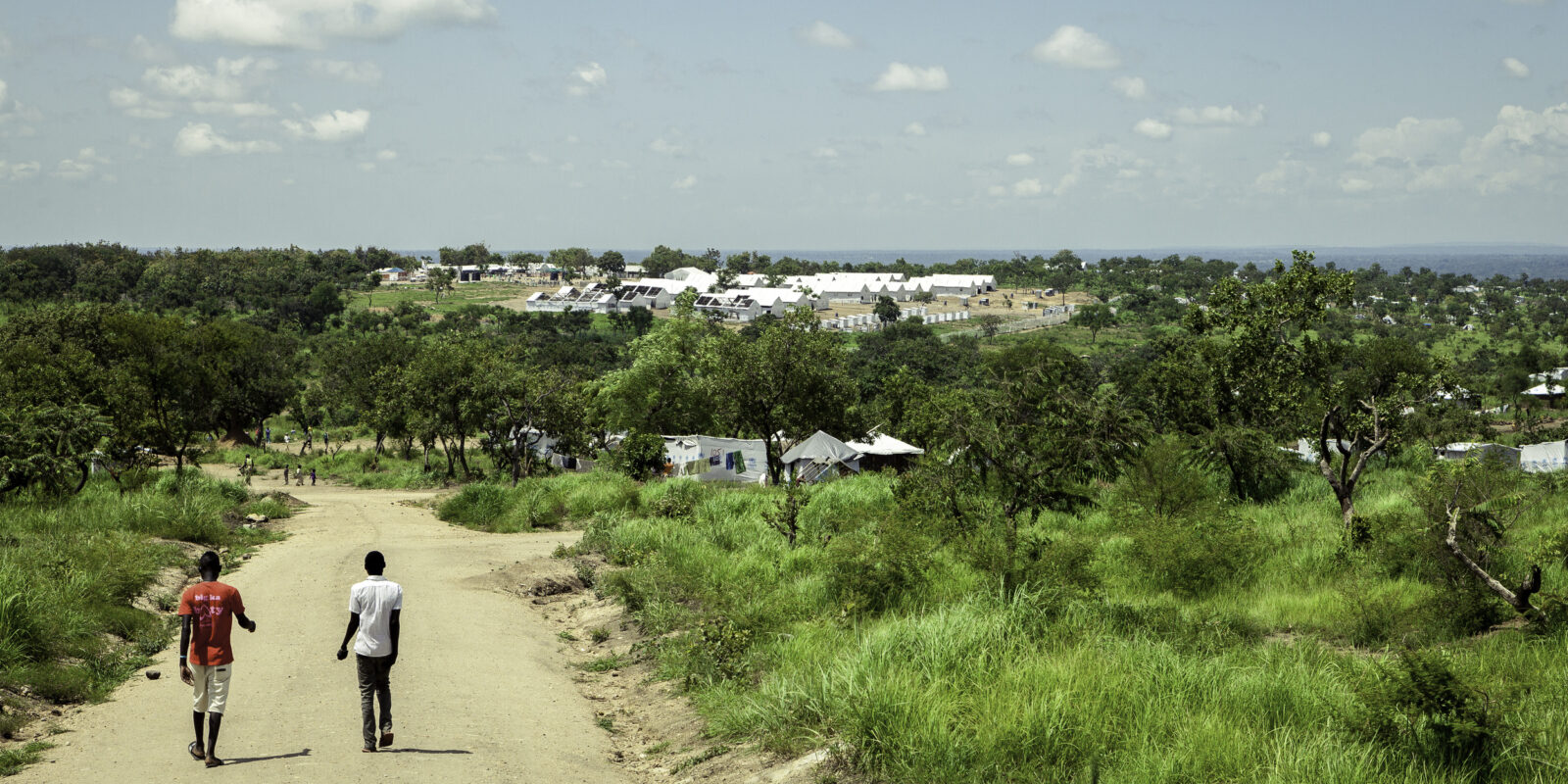Perceptions of Covid-19 in Uganda

Source: ICRC
As the global pandemic emerged in early 2020, it presented unprecedented challenges both to refugee communities across Uganda and the humanitarian response implemented on their behalf.
We consulted community leaders regularly throughout the year to better understand the reality on the ground. Key recommendations were co-designed with community leaders and shared with humanitarian actors to inform the response and plan and adjust programming accordingly.
We also completed a staff survey, to hear from those working for international NGOs, UN agencies, the Ugandan Red Cross, national NGOs, and the Ugandan government in Uganda.
Key findings
Generally, refugee leaders say that people have the information they need on Covid-19, can distinguish between rumours and facts and are receiving information from their most trusted sources.
However, communities still struggle to adhere to Covid-19 measures and leaders consistently mention difficulties with social distancing, wearing face masks and handwashing.
Social relationships are said to have worsened during Covid-19, with an increase in cases of gender-based violence as one of the results of the precarious economic situations as cuts in humanitarian assistance coincided with the global health pandemic.
Host community relations also appear to be increasingly strained, with generally less interaction at marketplaces, a rise in land disputes, refugees no longer employed by Ugandans and facing stigma around spreading the virus.
Humanitarian staff report that their organisations’ programmes are being affected by Covid-19 measures, pointing to the pausing of travel, cessation of ‘non-essential’ activities, and pivot to remote programme management. Many are unsure whether they continue under these circumstances.